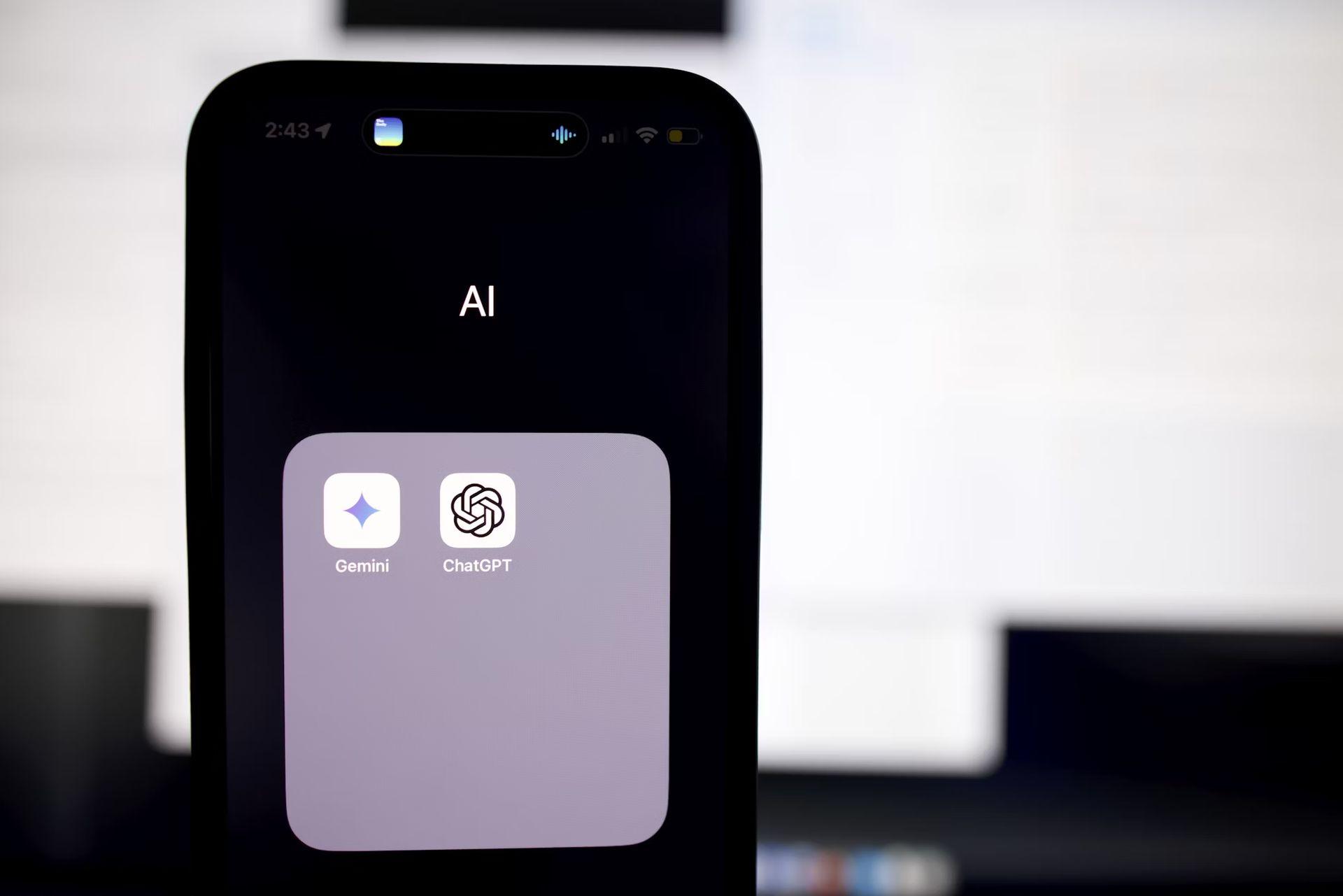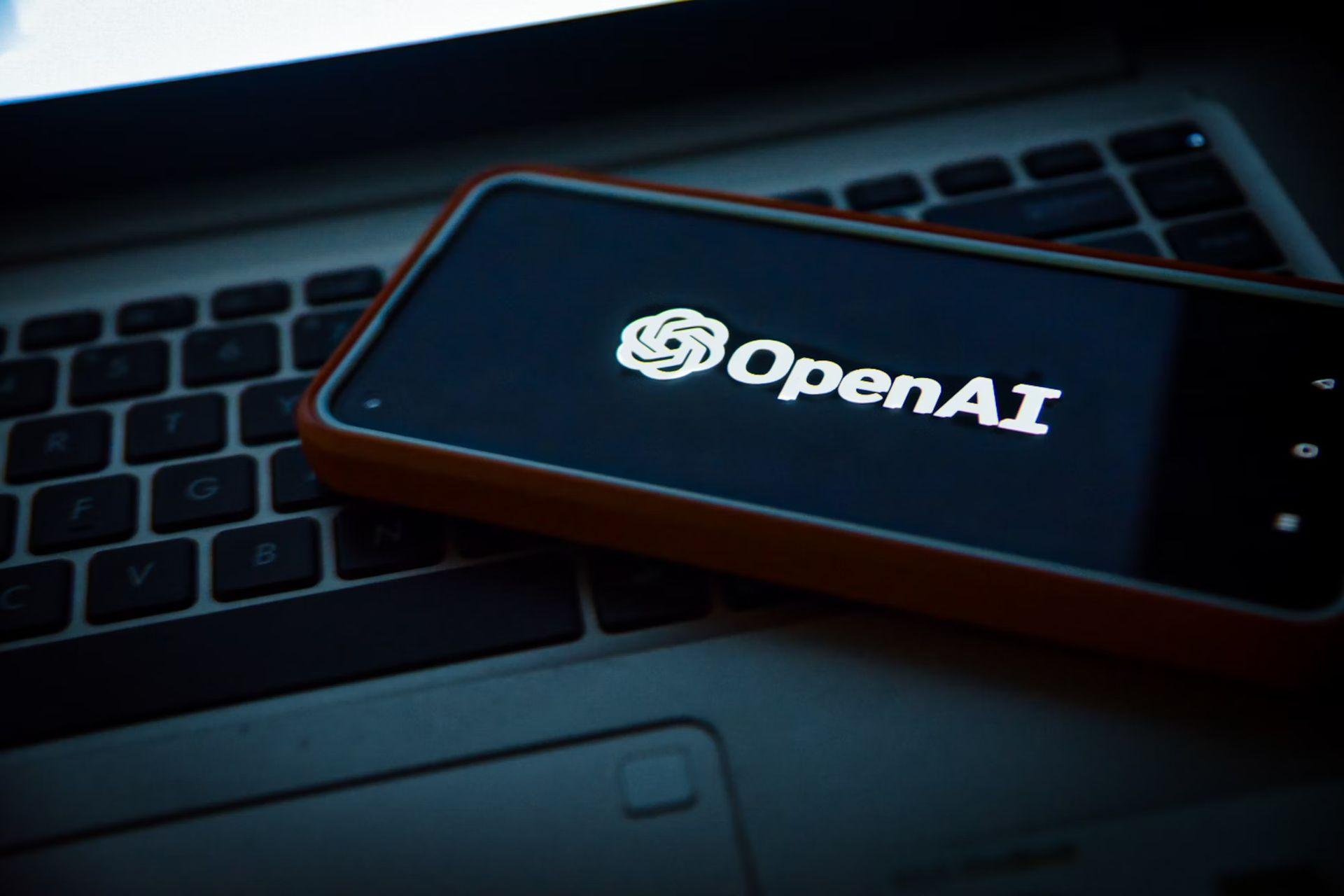OpenAI has introduced a chat history feature to ChatGPT that makes it easier for users to search through their past conversations. The new tool, announced on X (formerly Twitter), allows users to find vital information from previous chats quickly and conveniently. The feature is being gradually rolled out to different user groups, starting with Plus and Team users.
Plus and Team users will have access within the day. Enterprise and Edu users will have access in one week. Free users will start getting access throughout the next month.
— OpenAI (@OpenAI) October 29, 2024
How does the chat history feature work on ChatGPT?
When you open ChatGPT in the web app, you’ll notice a magnifying glass icon in the top left corner. This is the new history search tool, which lets you search through your past conversations by entering keywords or phrases. According to OpenAI, the feature is “designed to save time and keep information organized,” allowing users to easily locate helpful responses from past interactions.
The history search returns conversations that match the terms you enter, and you can click on a result to open the relevant chat. This makes it easier for users to revisit important information or continue an ongoing conversation without needing to scroll through a long list of past exchanges.

Availability for different user groups
The rollout of this feature is being done in phases. Plus and Team users are the first to gain access, with availability expected within a day of the announcement. Enterprise and Education users will have access in about a week, while free-tier users can expect to see the feature rolled out throughout the next month.
This phased rollout ensures that OpenAI can gather feedback and make any necessary improvements before making the feature widely available. It’s also a reflection of the company’s approach to prioritizing premium users with early access to new tools.
The new history search tool has a variety of practical applications. OpenAI highlighted potential uses, including tracking ongoing projects, making it easier to continue conversations related to specific tasks, and using ChatGPT as a study aid by finding previous answers quickly. The feature can also be useful for brainstorming, allowing users to revisit previous ideas and build upon them.
This functionality is aimed at improving the efficiency of using ChatGPT, particularly for users who rely on the tool for managing projects, gathering information, or learning new topics. By adding a history search, OpenAI aims to make ChatGPT more organized and user-friendly for those who engage in longer-term, multi-session conversations.

Privacy options
OpenAI has also addressed privacy concerns related to the new feature. If users prefer not to save their conversations, they have the option to turn off chat history altogether. When chat history is disabled, conversations are neither saved nor searchable, giving users greater control over their data.
The option to disable chat history provides flexibility for those who may be concerned about privacy or who prefer not to keep a record of their conversations. Users can adjust these settings within their account, ensuring they have control over how their data is used.
The addition of a history search feature to ChatGPT marks an important step in enhancing the user experience. By allowing users to quickly find relevant information from past conversations, OpenAI is making its AI tool more functional and efficient. With options for privacy control and a phased rollout to gather user feedback, OpenAI is ensuring that this new feature meets the needs of its diverse user base.
Whether you’re managing projects, studying, or brainstorming new ideas, the new history search tool promises to save time and keep your information organized. As it becomes available to more users over the coming weeks, it will be interesting to see how this feature changes the way people use ChatGPT.
Featured image credit: Choong Deng Xiang/Unsplash





